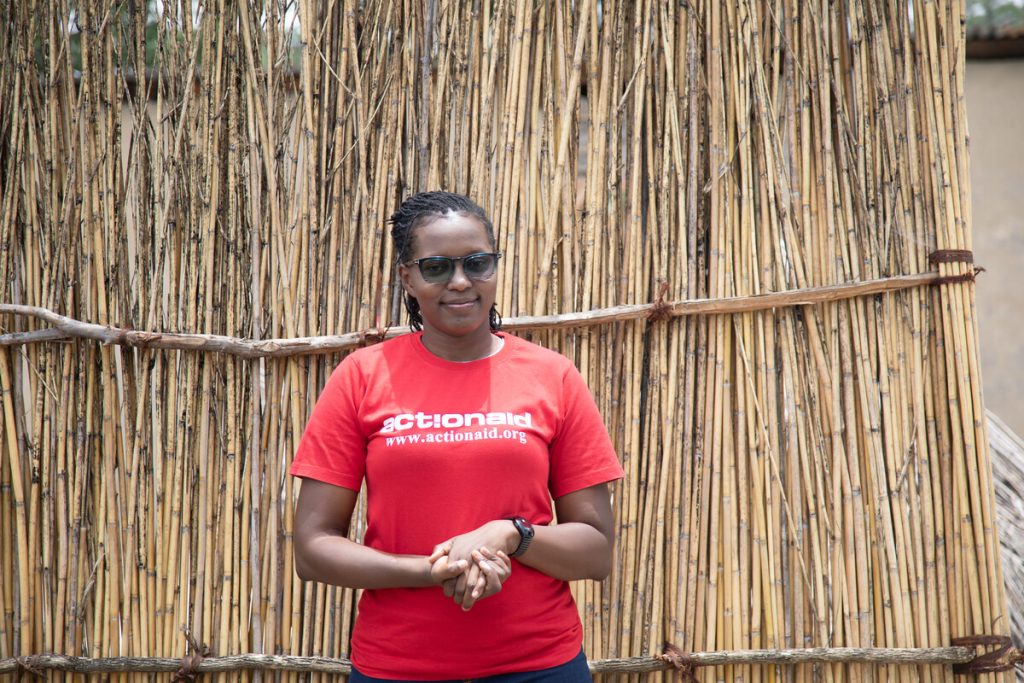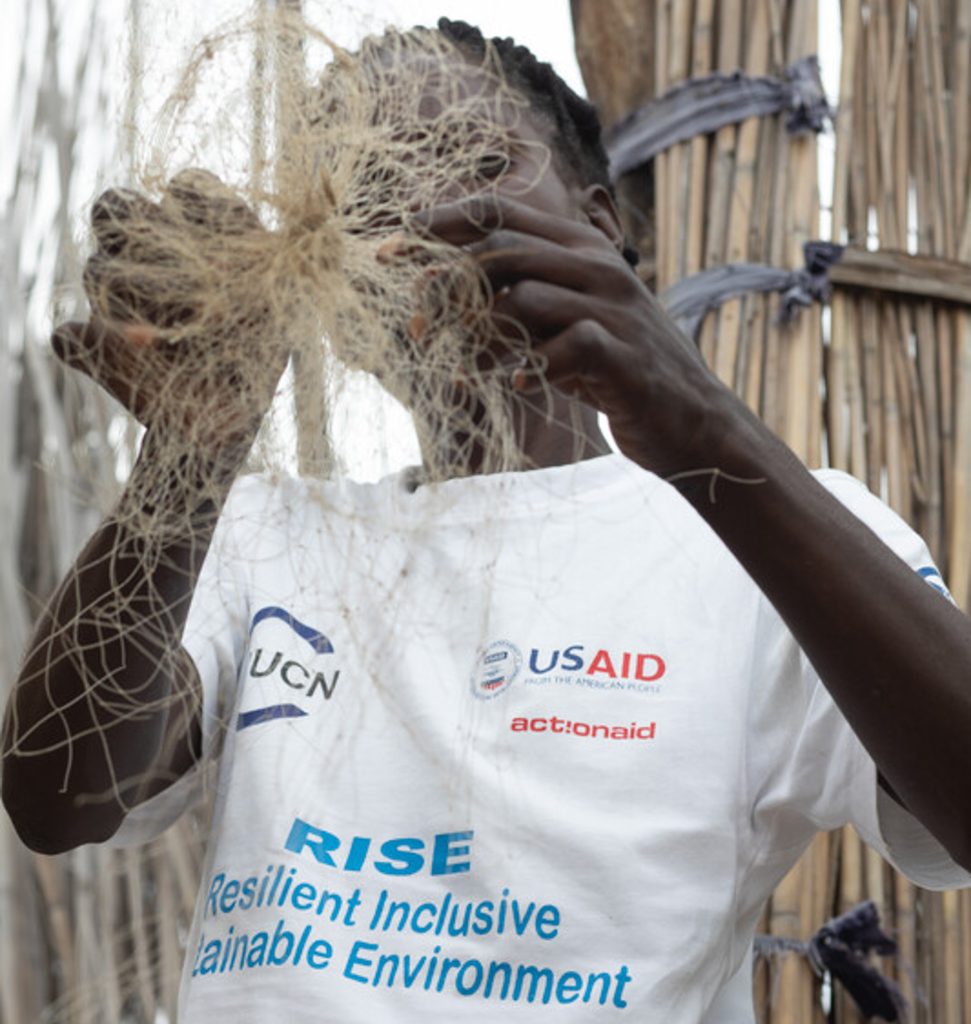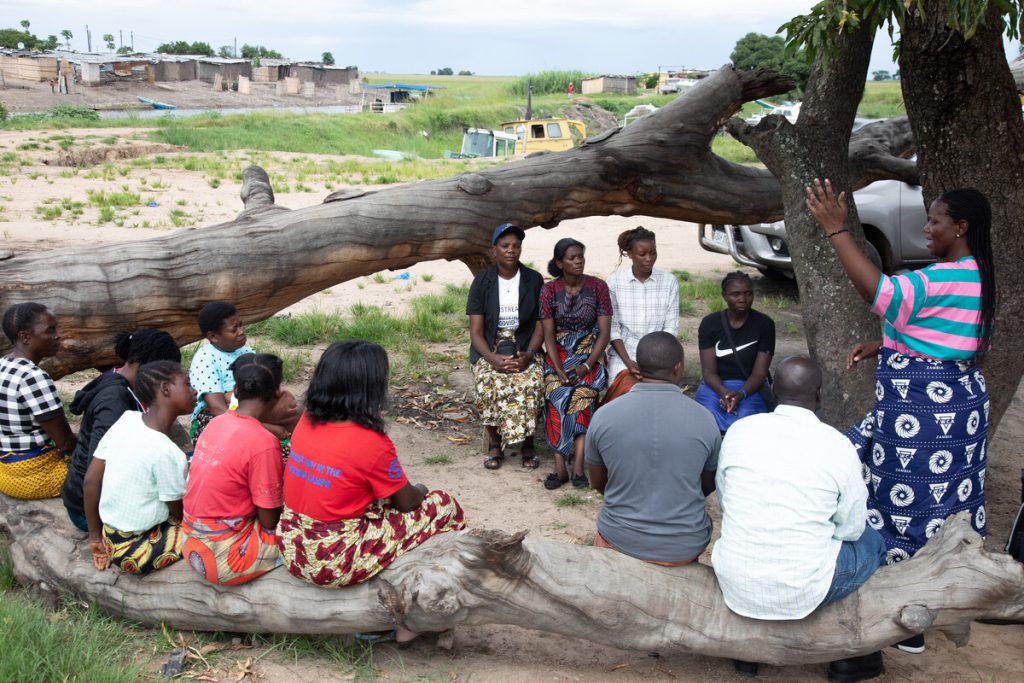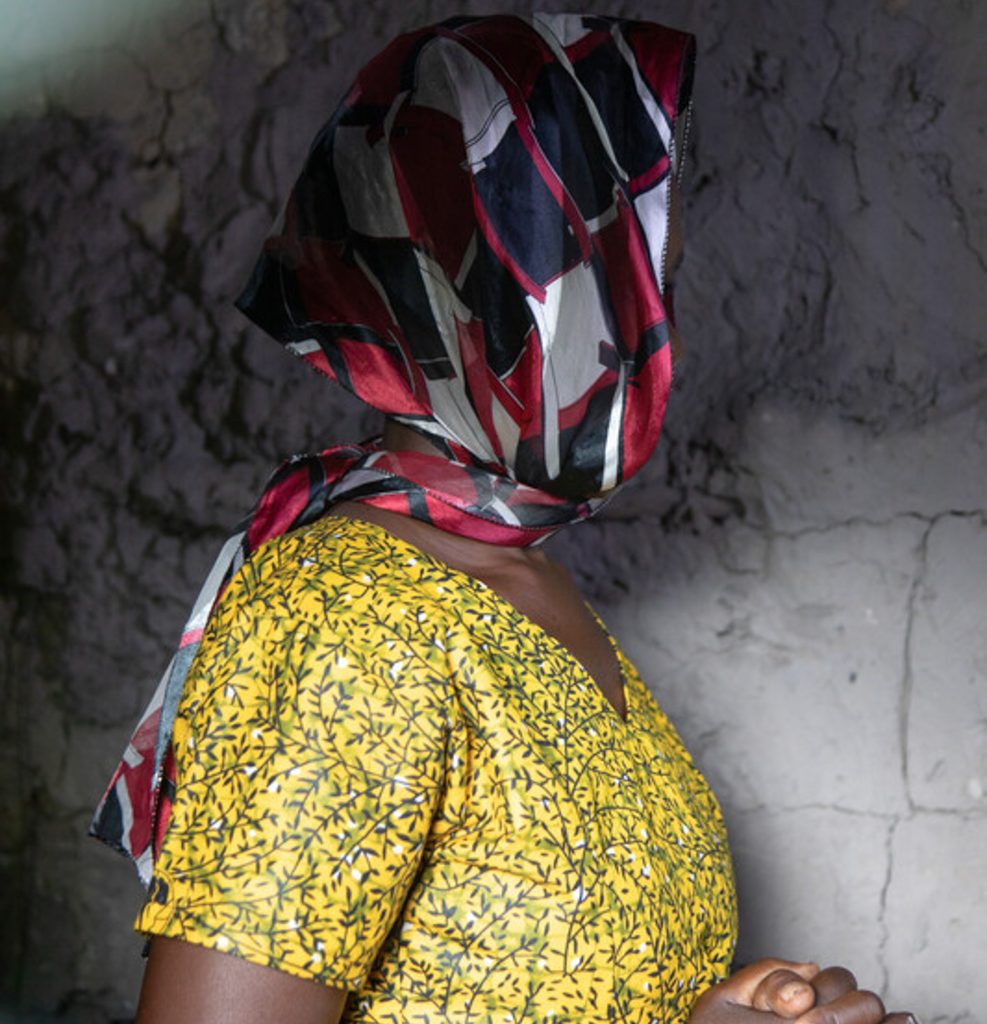In Zambia’s worst drought in decades, rural communities are being pushed to the brink. As farms fail due to the lack of rain, women turn to fishing to earn a living and feed their families. However, in fishing camps many are being forced into “sex-for-fish” arrangements to survive. This cruel practice — where women must provide sexual favors to fishermen in exchange for access to fish — is not new, but it is becoming increasingly common as drought and failed crops push more women into the fishing trade.
Women in fishing communities often lack the financial resources to own boats or obtain fishing rights independently. As a result, they are forced to rely on male fishermen for access to fish. Without protective systems in place or safe avenues to report exploitation, many women are left with no choice but to endure abuse to survive.
ActionAid’s fight against gender-based violence
In Zambia’s Western Province, ActionAid Zambia, through the RISE project — Resilient, Inclusive, Sustainable Environment — worked alongside local organizations to break cycles of gender-based violence (GBV) and economic exploitation in the fisheries sector. The program offered women and girls a way out. Through safe spaces, economic empowerment, and community-led advocacy, women learned to fish and earn a living by selling their catch. They also gained access to resources to protect themselves from GBV and exploitation.

Samantha Munangandu Chizyuka, a gender specialist and project coordinator for ActionAid Zambia, describes the urgent challenges:
“Poverty levels here are extremely high. The harsh environment — drought-prone land and sandy terrain — makes farming difficult, leaving families with few options. Many depend on the Zambezi River, but that reliance also exposes women to exploitation, including sex-for-fish. And because women are often excluded from decision-making structures, these issues remain unaddressed at the highest levels.”
Martha*, a fisher trader in Zambia’s Western Province, has spent years trading fish to support her family. She owns a fishing net but no boat, making her dependent on local fishermen for access to their catch. She shared:

“They don’t ask for money. They demand sex in exchange for cheaper fish.”
For women like Martha, ActionAid’s program changed everything. Through capacity-building and legal support, women learned to recognize and report abuse, standing up for their rights. Safe shelters provided survivors with a lifeline — offering protection and counseling when returning home wasn’t an option. And with economic alternatives, women gained the tools to own boats and take charge of their trade — breaking free from cycles of dependency and abuse.

Gloria Ngenda, a psychosocial counselor at YWCA Mongu, has seen the devastating impact firsthand. She works with survivors through the drop-in center, providing emergency support and counseling:
“ActionAid has brought a lot of awareness. Women now know where to report, what to do if they face sex-for-fish exploitation. Women from the fishing camps come to us when they are victimized.
The shelters have brought security. Many survivors can’t go back home immediately — sometimes, their abuser is waiting for them. We support them until they’re ready.”
Palekelo*, a farmer, turned to fishing after her crops failed and could no longer sustain her family. She quickly learned the harsh reality of the trade. She said:
“The fisherman told me I could come with my money, but if I didn’t pass by his house to spend the night, I was not going to get any fish.”
For Palekelo, ActionAid’s program was a beacon of hope. Through USAID-funded Women’s Watch Groups, she and other women learned about their rights and how to resist exploitation. They found safety in community-led support networks and had access to legal assistance, medical care, and safe spaces where they could report abuse.
Palekelo says:
“Women know their rights now, and what someone is able to do to their bodies, and what someone is not supposed to do to their bodies, and how to report their cases … They know that “sex-for-fish” is not okay.”

However, with USAID funding suddenly slashed, these life-saving programs have been shut down. Women who once had a way out are now left defenseless against predatory practices that thrive in the absence of accountability. The crisis in Zambia is deepening. Worsening droughts have left millions struggling with food and water shortages, disproportionately affecting women and girls. More than 9,300 cases of gender-based violence were reported in just the first quarter of 2024—and that’s only what has been documented. The end of these programs means women have lost access to safe shelters, legal assistance, and the means to achieve financial independence.
Cuts like these are not just numbers on a budget sheet—they have real consequences for real people.
A call to action
Faides TembaTemba, Country Director for ActionAid Zambia, said:
“No mother should have to trade her safety to keep her children from starving. But that is the reality women in Zambia now face. It is unacceptable that, in 2025, we are forcing women into a cycle of violence and abuse simply because governments have chosen to turn their backs.”
Niranjali Amerasinghe, Executive Director of ActionAid USA, said:
“The reckless decision to slash USAID funding has put women and girls in immediate danger. This isn’t about efficiency—it’s about a callous disregard for the most vulnerable, driven by political maneuvering and the influence of an unelected billionaire. We will not stand by while critical programs are dismantled. Aid must be restored immediately.”
ActionAid calls for urgent action as the world marks International Women’s Day. The U.S. and other governments must reinstate funding for programs that protect women from exploitation and violence. The women of Zambia are fighting for their dignity. It’s time the world fought with them.
*Names have been changed to protect identities.